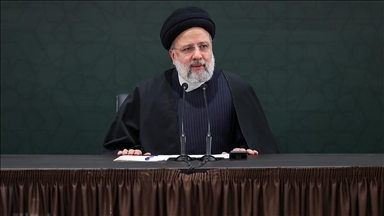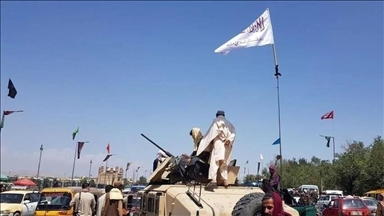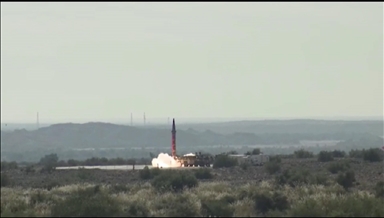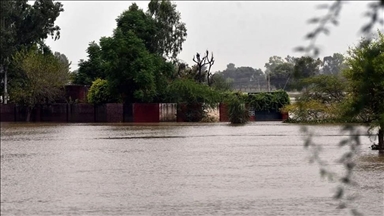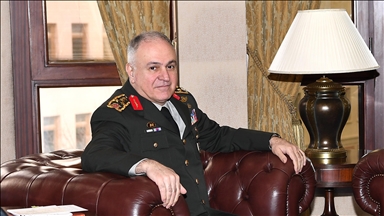Afghan Taliban visit Pakistan to discuss peace process
Taliban's deputy chief, Mullah Abdul Ghani Baradar, leading Taliban delegation, says militant group's spokesman
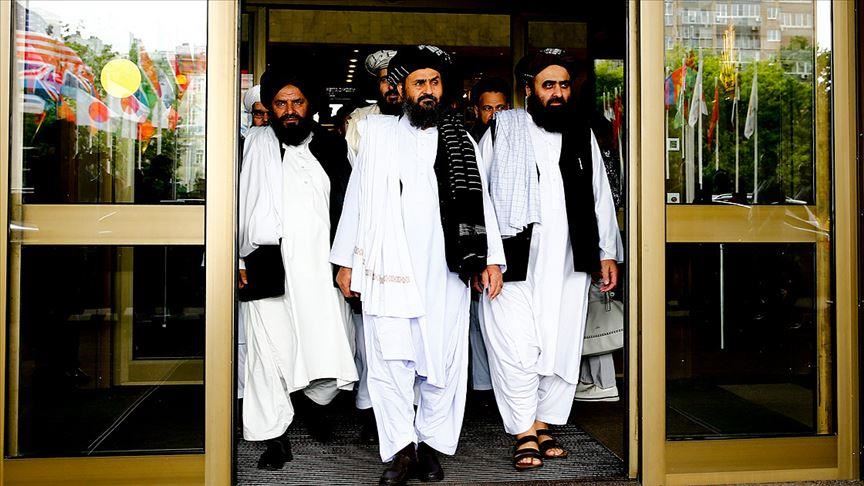 file photo
file photo
KARACHI, Pakistan
A delegation from the Afghan Taliban is arriving in Pakistan to discuss the ongoing peace process with the Pakistani leadership ahead of expected intra-Afghan dialogue, a spokesman for the militant group, as well as Pakistani diplomatic officials, said Sunday.
"A high-level Islamic Emirate [Taliban] delegation led by deputy political chief, Mullah Abdul Ghani Baradar, has left for Pakistan upon the invitation of the country's Foreign Ministry to discuss the latest on the peace process, state of Afghan refugees in Pakistan, [cross-border] travel of people, and trade between the two neighbors," Taliban spokesman Suhail Shaheen said in a series of tweets.
He did not offer any further details, including which Pakistani leaders the Taliban delegation would meet and the duration of the visit.
A senior official of Pakistan's Foreign Ministry told Anadolu Agency on condition of anonymity that the Taliban delegation was expected to hold meetings with "Pakistan's civilian and military leadership" on Monday.
The development came days after the Afghan government released some 80 key Taliban figures to pave the way for direct peace talks.
The move was part of a prisoner swap deal, following a landmark peace agreement between the US and Taliban in Qatar's capital Doha in February this year.
Afghanistan has so far released 4,600 Taliban prisoners, in addition to 500 prisoners who were not on the Taliban's list, according to local media.
In December 2018, Pakistan arranged rare direct talks between Washington and the Taliban, paving the way for a negotiated settlement of the lingering conflict.
Pakistan also facilitated the landmark first round of direct talks between the Afghan government and the Taliban in Islamabad in July 2015.
That process broke down after the Taliban announced the death of their long-time leader Mullah Omar, triggering a bitter internal power struggle.
The process was further hampered by the killing of Omer's successor, Mullah Akhtar Mansoor, in a US drone strike on the Pakistan-Afghanistan border in 2016.



